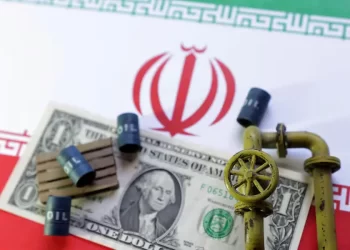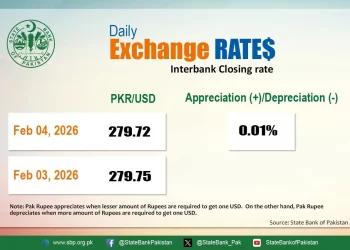Pakistan, the world’s fifth most populous country, has a power sector problem and experts believe this is a core reason for its struggling economy where the growth rate has not been sufficient for a number of years.
Its energy sector, where the government has jacked up power generation capacity to 43,775MW but transmission lines are only able to handle 22,000MW, is currently one of the hottest topics as tariffs have increased substantially over the last year or so. Ironically, the government has planned adding more, possibly another 17,000MW.
But experts are raising questions on the people’s capacity to bear the extra burden.
During the ‘Advancing CTBCM – A Multi-Stakeholder Conference’, a conference held on Tuesday, industry leaders questioned the government’s competence to run the electric grid.
They expressed concerns about excess generation capacity and costly take-or-pay contracts.
Pakistan pays fixed charges to IPPs (Independent Power Producers) irrespective of whether the country uses electricity or not. Amid increased power tariffs, electricity consumption from the grid has dropped further, lending yet another blow to the energy sector.
According to a Pakistan Credit Rating Agency (PACRA) report published in February this year, the financial cost of transmission losses stood at around Rs30.794 billion in fiscal year 2023.
Meanwhile, according to a report published by media, the Power Division has also claimed that during Financial Year-2023-24, it is apprehended that the Distribution companies (DISCOS) may make a loss of around Rs589 billion which includes under recovery and loss above the National Electric Power Regulatory Authority (NEPRA)-defined threshold.
Power sector’s circular debt reaches Rs2,655bn by May
Hence, experts have advocated the Competitive Trading Bilateral Contract Market (CTBCM) regime that allows bulk power consumers to purchase electricity directly from generators, bypassing the government.
However, the market structure followed in Pakistan has been a single-buyer model in which CPPA (as a single-buyer) purchases electricity on behalf of ex-WAPDA distribution companies (DISCOs).
In November, 2020, NEPRA approved a CTBCM model that provided a roadmap for opening the Wholesale Electricity Market of Pakistan, aiming to provide choice to the bulk power consumers (with 1MW or above load) to purchase electric power from the DISCOs or a competitive supplier of their choice.









